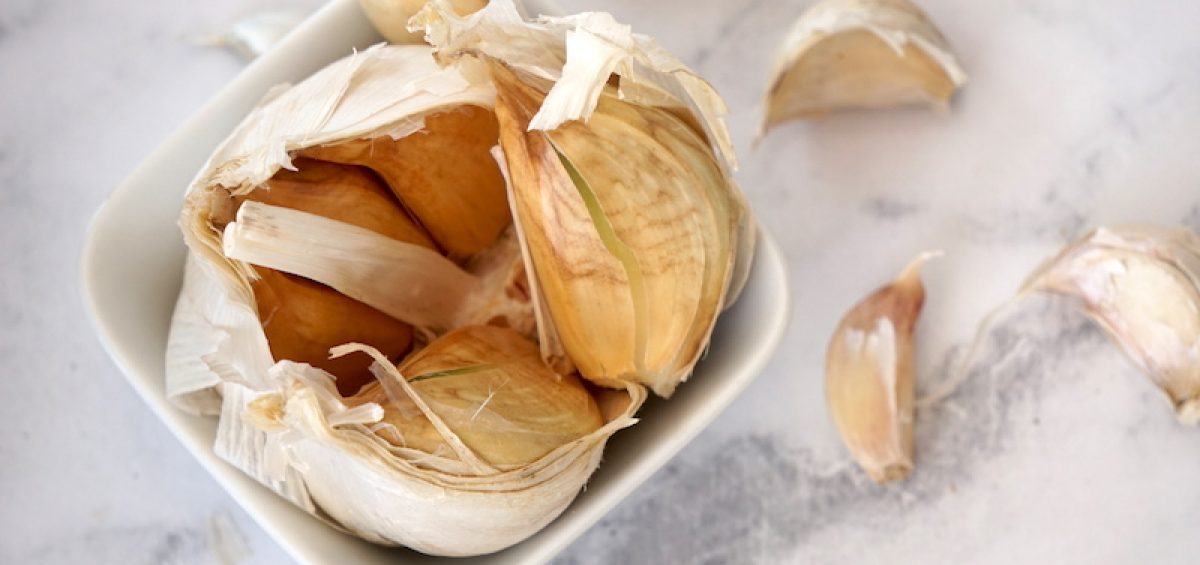As the air becomes cooler, the days shorten and the tissues come out, we all know winter has arrived.
When I was a primary school teacher I would have to fight my way through the snotty tissues and faces of my gorgeous seven year olds. However, I ensured that my immune system was fighting fit and not once did I come down with the flu.
Complications with the flu arise when our immune system is weak and is unable to fight the virus caused by the flu or cold. In healthy individuals with a functioning immune system the flu can be fought off easily. Consuming nutritious foods and keeping active is one way to ensure we have a healthy immune system to fight off viruses. However, sometimes this is not always possible and at the worst possible time we can be struck down by the flu.
As we require exposure to these constantly mutating viruses to gain immunity, the common cold and flu are unfortunately frequent and reoccurring problems, especially in winter. Winter brings with it dryer air, which tends to dry out the mucous membranes that line our nose and throat, which provides us with our first line of defense against these viruses. Symptoms can range from mild to debilitating and can include fever, headaches, coughing, watery eyes, body aches and extreme fatigue and according to men, the flu they seem to catch is even worst (just ask my partner).
What Weakens the Immune System?
- Stress (physical, emotional and psychological)
- Lack of exercise (or too much)
- Lack of sleep, rest and relaxation
- Poor nutrition
- Exposure to pollution and toxins
5 Foods to Fight the Flu and Strengthen your Immune System
Cook with plenty of garlic. Chopping up garlic always ends up leaving the smell lingering on our hands for hours. I have known some people (including myself) that are easily able to swallow a clove of garlic without any bother and others can’t even fathom the smell let alone the taste. Garlic has long been used for both its medicinal and healing properties with references dating back to ancient Egypt. Garlic is a powerful antioxidant, antibacterial, antifungal and antiseptic and has the ability to prevent the common cold and flu, as well as reduce the severity of symptoms and recovery time (1).
Add mushrooms to your dishes. Mushrooms have a sense of magic about them – they take me back to my childhood when I would search for mushroom (fairy) rings in hope to find magical creatures. I guess I was on the right path. Mushrooms are quite magical, as not only do they taste great in a brown rice risotto they also help support the immune system. There are over 270 species of mushrooms all with their own therapeutic benefits. Popular medicinal mushrooms such as Reishi, Maitake, Cordyceps, Shiitake and Oyster are rich in polysaccharides such as lentinan and beta-glucan, which gives them their powerful immune boosting properties (2).
Munch on berries. A great start to a chilly winters morning is warm oats topped with mixed berries. Berries such as strawberries elderberries, blueberries, raspberries, bilberries and black currents are well known for their powerful antioxidant capabilities, however did you know they are also an effective anti-viral (3). Studies have shown that a particular black elderberry extract was effective at reducing the duration of flu symptoms (4). As berries are highly contaminated with pesticides I recommend seeking only certified organic. If they are not in season opt for certified organic frozen berries from your local health food store.
Pumpkin seeds. Add a bit of crunch to your warm oats on a cold wintery morning or eat a handful of pumpkin seeds as a mid-morning or afternoon snack. Pumpkin seeds are rich in zinc, which activates over 200 enzymes in the body and helps to maintain healthy immune function. Studies have shown that zinc is an effective anti-viral and immune mediator in the common cold by significantly shortening the duration of the common cold and reducing symptoms (5).
Eat bright coloured vegetables. Add red, yellow and orange vegetables to a stew or casserole to bring some warmth to your lunch or dinner this winter. These colourful vegetables are rich in antioxidants, phytonutrients and bioflavonoids, which help to support the immune system. Studies have shown that antioxidants in fruit and vegetables exhibit antiviral affects against the common cold and influenza (6).
What else can you do?
Hydrate. Although we tend to drink less water in winter than summer, keeping hydrated is key to good health, especially when we are sick. Dehydration can actually provide a hospitable environment for cold viruses. A good way to increase our water intake in the cooler months is to drink herbal teas. Consider teas that have a warming effect on the body like ginger tea.
Rest, adequate sleep and stress reduction is essential for all aspects of health, especially when the immune system is under attack. The more time we take out to recover the quicker our body is able to repair and rebuild.
Vaporizers with essential oils may also help to eradicate the infection, as well as allow for easier breathing. Vaporizers help to maintain a moist environment, preventing the respiratory tract from drying out.
Fresh air and sunlight. Although you might want to stay in bed with the windows shut and the curtains closed it is important to expose yourself to some fresh air and sunlight.
Supplement where appropriate. Vitamin C and zinc are well known for their immune fighting capabilities. Vitamin C increases the body’s resistance to fight infection and is able to inhibit viral growth and reduce the incidence of the common cold (7). Zinc supplementation has also shown to be able to reduce the duration and severity of the common cold (8). Ensure to seek professional personal advice before supplementing.
References:
- https://www.ncbi.nlm.nih.gov/pubmed/22280901
- https://www.ncbi.nlm.nih.gov/pmc/articles/PMC1193547/
- https://www.ncbi.nlm.nih.gov/pubmed/24660461
- https://www.ncbi.nlm.nih.gov/pubmed/11399518
- https://www.ncbi.nlm.nih.gov/pmc/articles/PMC3394849/
- http://www.phytojournal.com/archives/2016/vol5issue3/PartB/5-3-21-776.pdf
- http://www.medscape.org/viewarticle/560249
- https://www.ncbi.nlm.nih.gov/pmc/articles/PMC3394849/












Leave a Comment